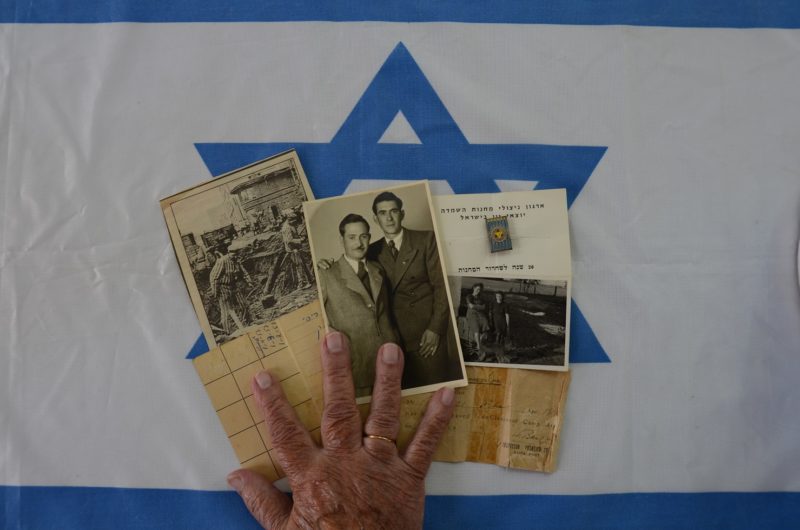
Behira Barasi
“My husband, Isaac, was born in Thessaloniki, Greece in 1911. He was his parents’ youngest son and had one brother and three sisters. When war broke out, he fought the Nazis and Italians in the ranks of the Greek army. Upon the Greek government’s surrender he returned to Thessaloniki, unwilling to abandon his beloved family. This is how he found himself in Thessaloniki Ghetto with his mother, Leah.
Their next station was Auschwitz, where he was separated from his mother during the “selection” – she was sent to the gas chambers, while he was transferred to a labor camp. Luckily, one of the Germans got to like him. He took Isaac under his custody and this is how he survived the death camp.
I met Isaac in Israel. He owned the local grocery store, and our long courtship period began right after we met for the first time. I knew he was in Europe during the war, but could not imagine the living hell he had survived. In those days nobody talked about what happened “there”. At the beginning of our relationship I asked no questions either, because I didn’t want to burden him with my queries. I liked him, he was educated and polite. Being a holocaust survivor did not disqualify him for marriage, as far as I was concerned.
Isaac was a guy who kept things to himself. In his nightmares he would relive his days in the extermination camp. He gradually opened up and began to tell me what he went through in Auschwitz, and I – unable to provide him with any real help – was just trying to give him as much love and support as I possibly could. Isaac had had the opportunity to save himself, but being noble as he was, he decided to stay by his mother’s side, despite the risk. To his last day he could not forgive himself for not being able to save her from the gas chambers.
On our wedding day he recalled his mother and burst into tears, for she could not see him on this significant occasion. This marked our life together ever since. People may think the holocaust was over by 1945, but it was never over for holocaust survivors. At the first memorial held for his family in the synagogue he wept inconsolably. I would always tell him tomorrow was another day, and that everything would be alright. This mutual belief held us together for 53 years, and thanks to it we were able to raise a wonderful family.”
